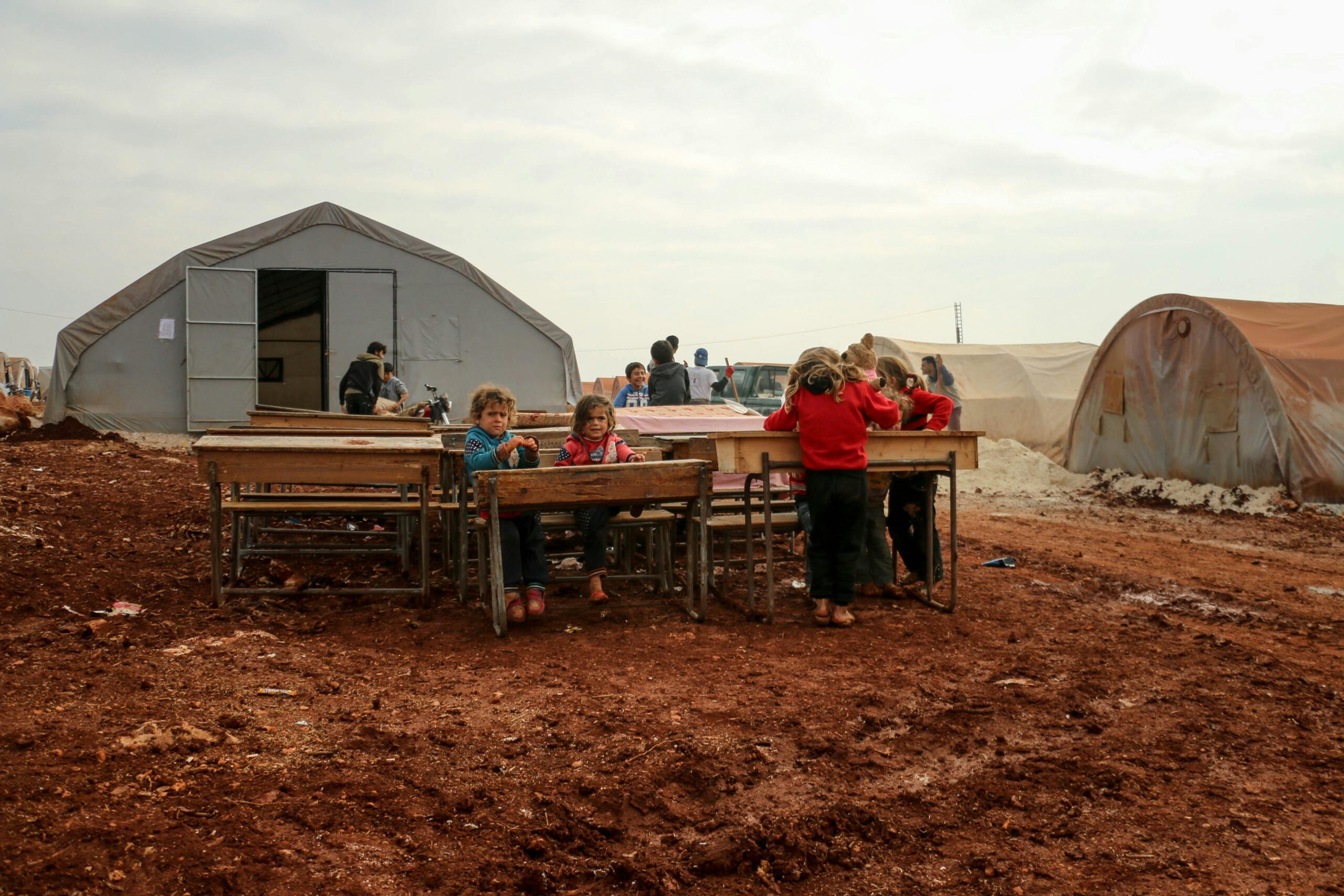A UNCHR announcement says the cuts amount to letting go of almost half of all senior staff at its Geneva headquarters and regional bureaux.
Around 3500 permanent and “hundreds” of temporary positions will be cut while offices are downsized or closed globally.
The UNHCR says decisions on where to cut were guided by the need to maintain operations in those regions with the most urgent refugee needs.
The agency believes it will end the year with the same level of funding as a decade ago despite the number of refugees nearly doubling in that time to over 122 million.
“In light of difficult financial realities, UNHCR is compelled to reduce the overall scale of its operations,” said Filippo Grandi, the UN High Commissioner for Refugees.
“We will focus our efforts on activities that have the greatest impact for refugees, supported by streamlined headquarters and regional bureau structures.”
The UNCHR says the funding cuts have hit key programs — for vulnerable families, health, education, and water and sanitation — hard.
The agency is talking to its partners, aid groups and host countries to try to mitigate the impact on those who rely on it by cutting costs, studying new funding models and using technology.
OCHA CHIEF SPEAKS OUT
The UN relief chief of Office for Co-ordination of Humanitarian Affairs (OCHA), Tom Fletcher says they have been forced into brutal choices by brutal funding cuts.
He made the comment at the launch of a global appeal to raise $29 billion.
“Brutal funding cuts leave us with brutal choices,” he says.
“All we ask is 1% of what you chose to spend last year on war but this isn’t just an appeal for money – it’s a call for global responsibility, for human solidarity, for a commitment to end the suffering.”
In December, OCHA called for $44 billion to help 180 million in 70 countries at that time but had received less than 13% of that by the halfway point.
“We have been forced into a triage of human survival,” Fletcher says.
“The math is cruel and the consequences are heartbreaking. Too many people will not get the support they need, but we will save as many lives as we can with the resources we are given.”






